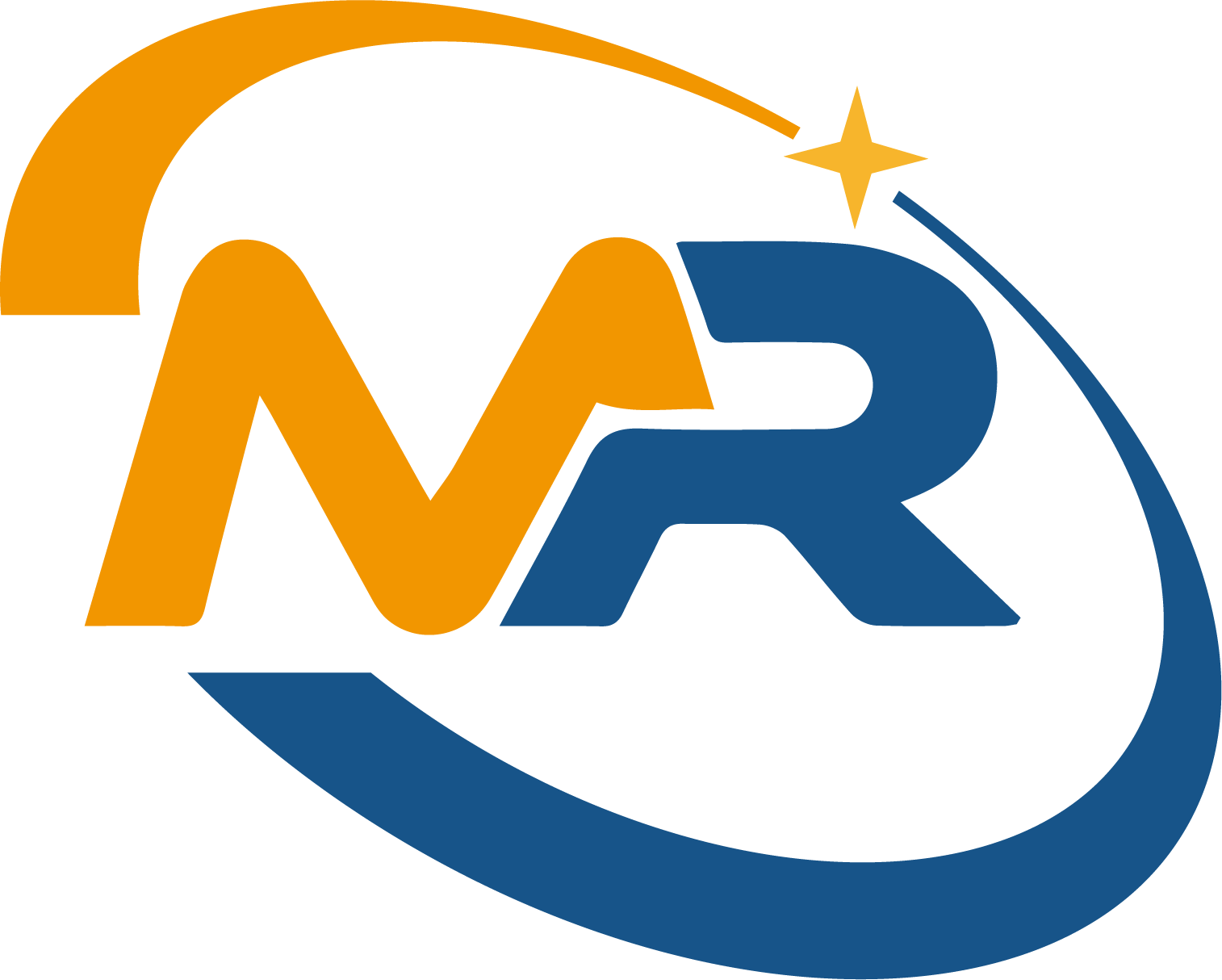-
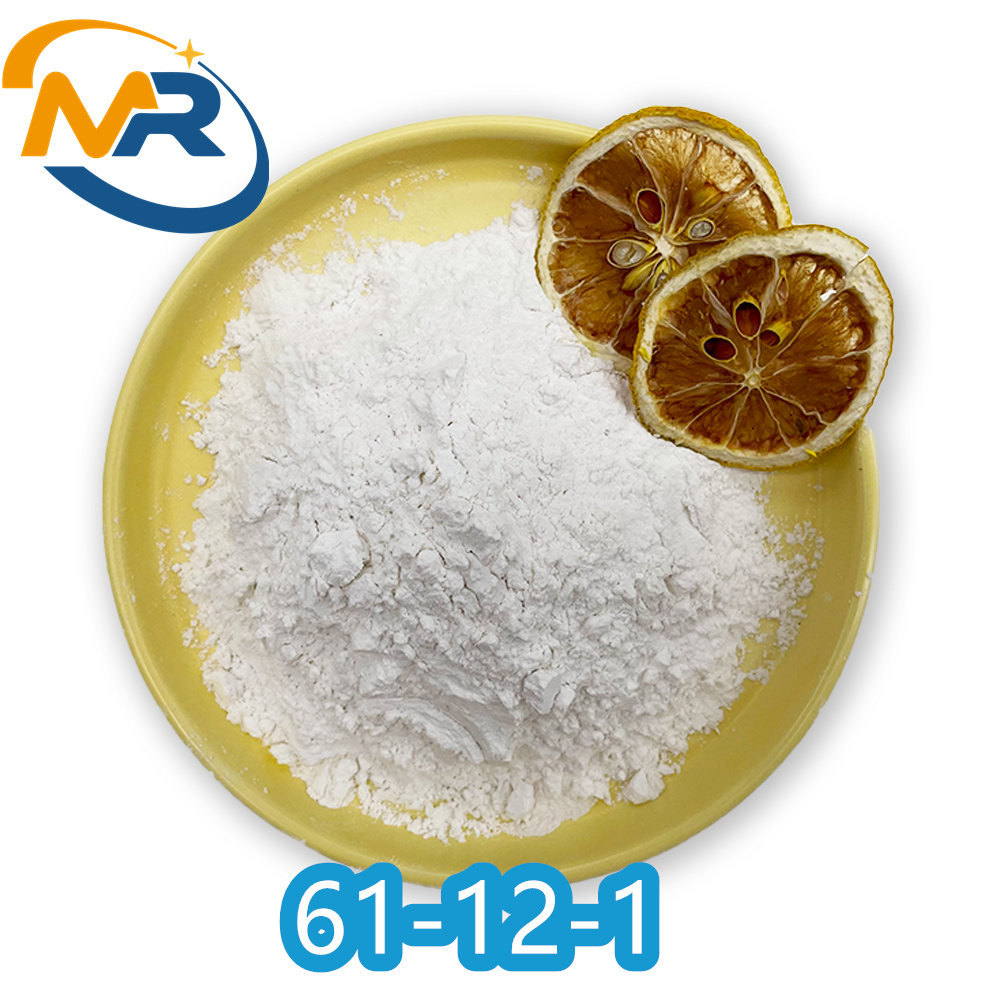
CAS 61-12-1 Dibucaine HCl
Dibucaine hydrochloride is an amide type local anesthetic commonly used for topical anesthesia. It is one of the most effective and most toxic topical anesthetic drugs, and its parenteral use is limited. The drug blocks the activation and conduction of nerve impulses by reducing the permeability of neuronal membranes to sodium ions. This reversibly stabilizes the membrane and inhibits depolarization, resulting in failure of the propagation action potential and subsequent conduction block.
-
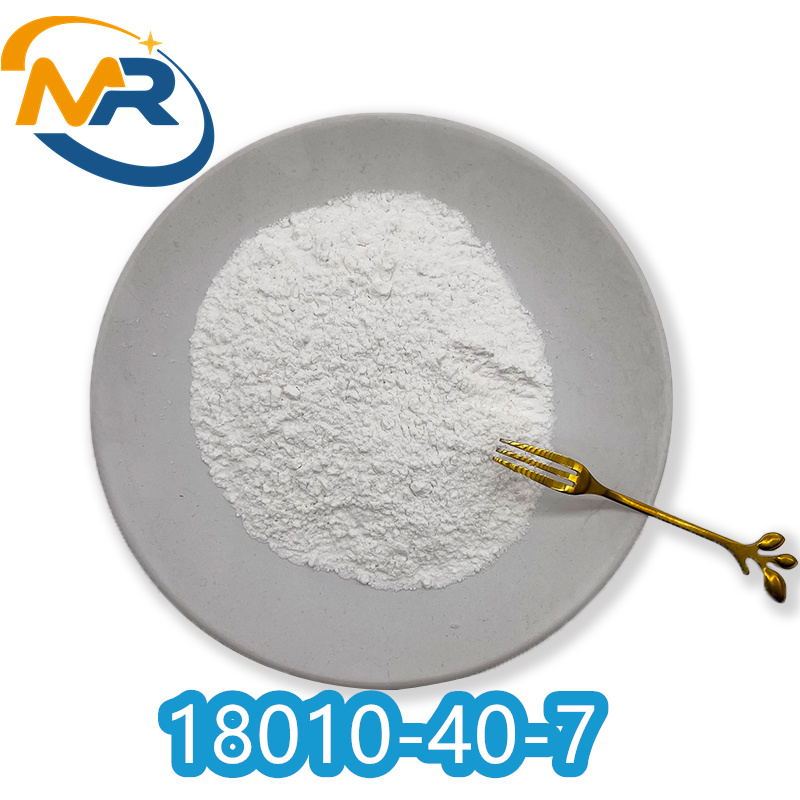
CAS 18010-40-7 Bupivacaine Hydrochloride
Applicance:Pharmaceutical Intermediate
DeliveryTime :5-10days
PackAge :25kg/drum
Port :Tianjin
Purity :99%storage:stay in cool and dry place
Transportation: Aluminum Foil Bag/DrumLimitNum: 1 kilogram
Price: negotiablePayment : Western Union /MoneyGram/Bitcoin/T/T
Delivery : Fedex/DHL/EMS or as your requirementPrice condition:FOB China
specification:99% -

Bupivacaine (CAS Number: 38396-39-3)
Bupivacaine, marketed under the brand name Marcaine among others, is a medication used to decrease feeling in a specific area.It is used by injecting it into the area, around a nerve that supplies the area, or into the spinal canal’s epidural space. It is available mixed with a small amount of epine-phrine to make it last longer.[1] It typically begins working within 15 minutes and lasts for 2 to 8 hours.
-
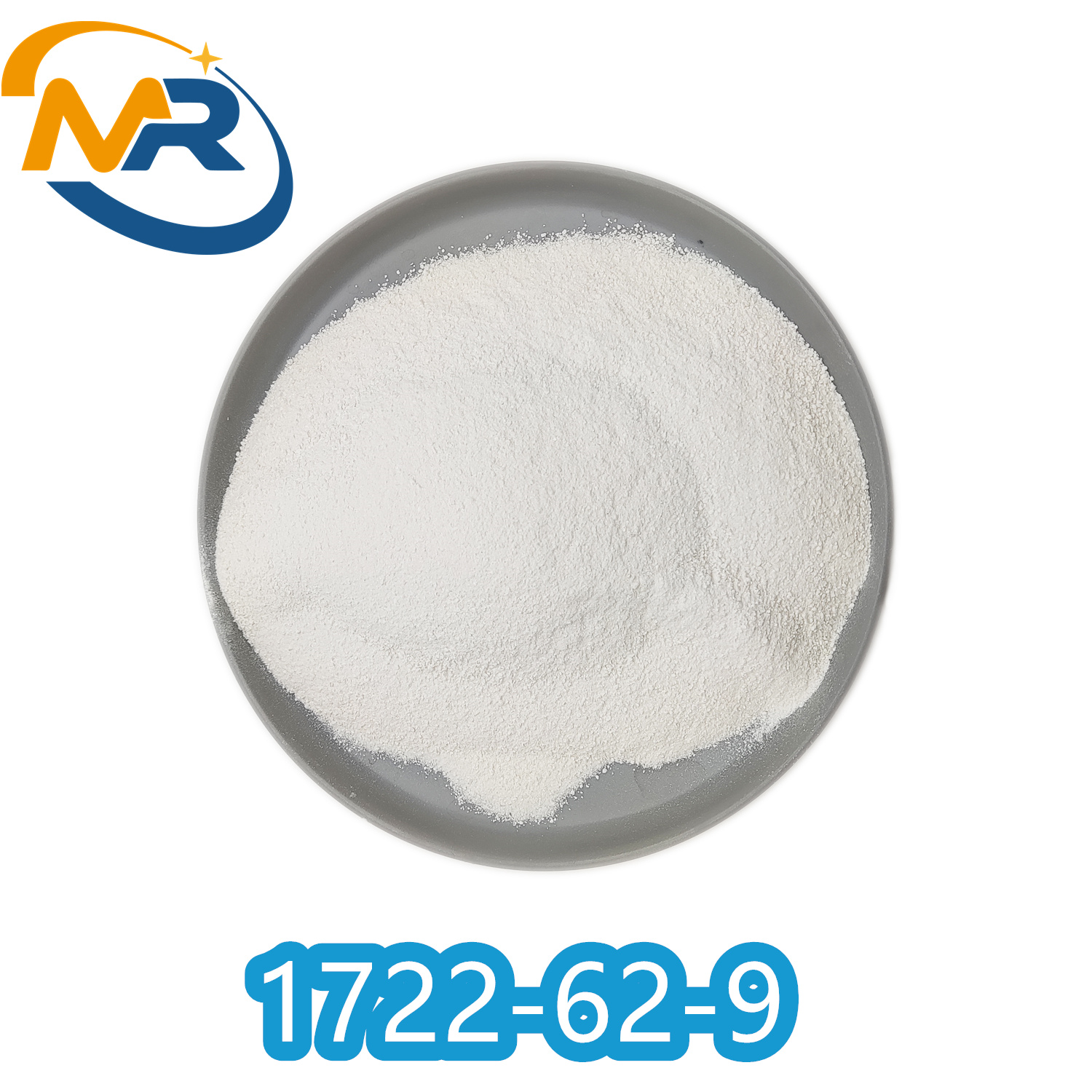
CAS 1722-62-9 Mepivacaine HCl
CAS: 1722-62-9
MF: C15H22N2O.ClH
MW: 282.81
EINECS: 217-023-9Melting point: 255-257°C (dec.)
Storage temp.: 2-8°C
Appearance: white to beige Powder -
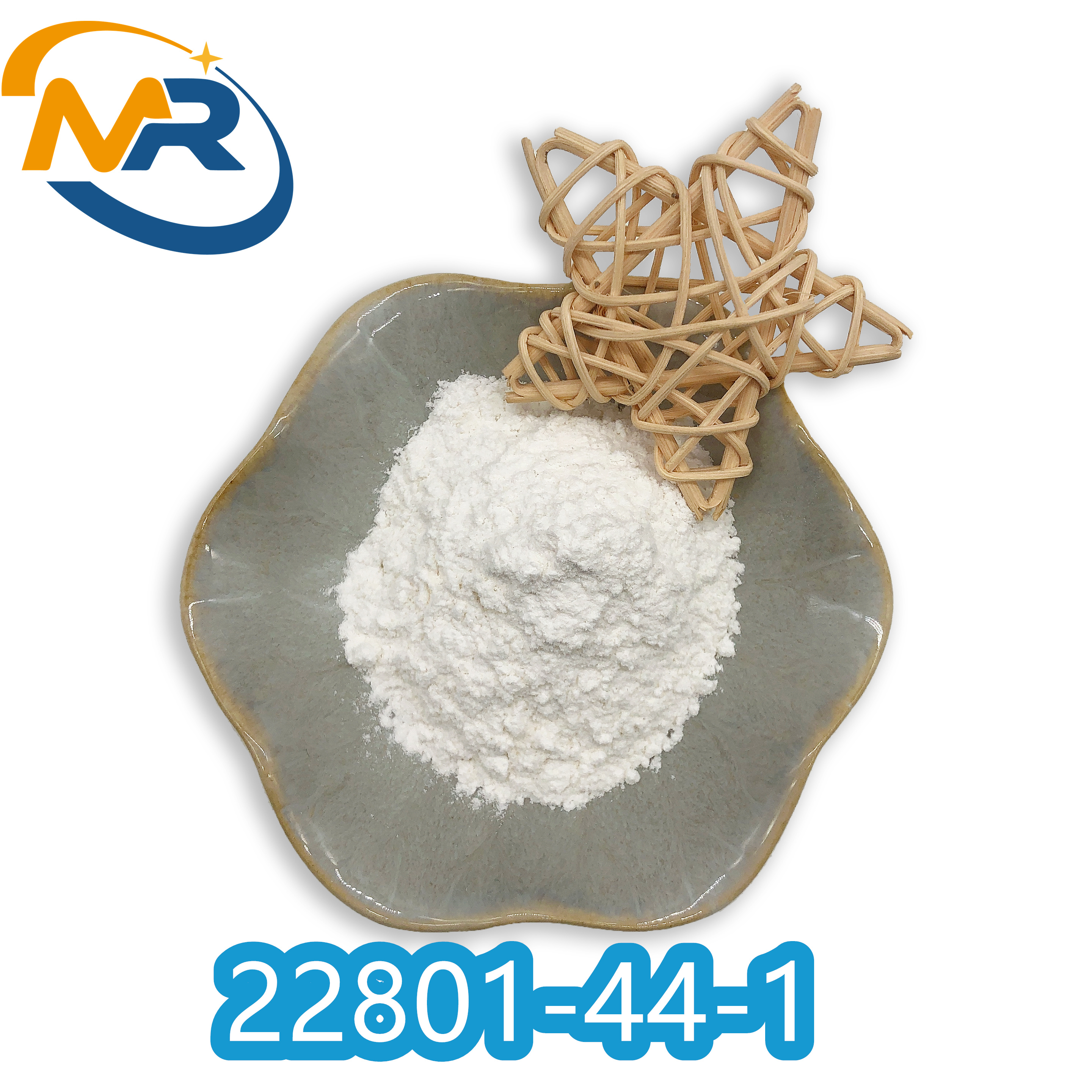
CAS 22801-44-1 Mepivacaine
Product Name: Mepivacaine
CAS: 22801-44-1
MF: C15H22N2O
MW: 246.35
Synonyms: MEPIVACAINE; N-(2, 6-Dimethylphenyl)-1-Piperidinecarboxamide; N-(2, 6-Dimethylphenyl)-1-methylpiperidine-2-carboxamide; MepivacaineBase; Mepivacaine HCl (base); Mepivacaine N-(2, 6-Dimethylphenyl)-1-methylpiperidine-2-carboxamide -
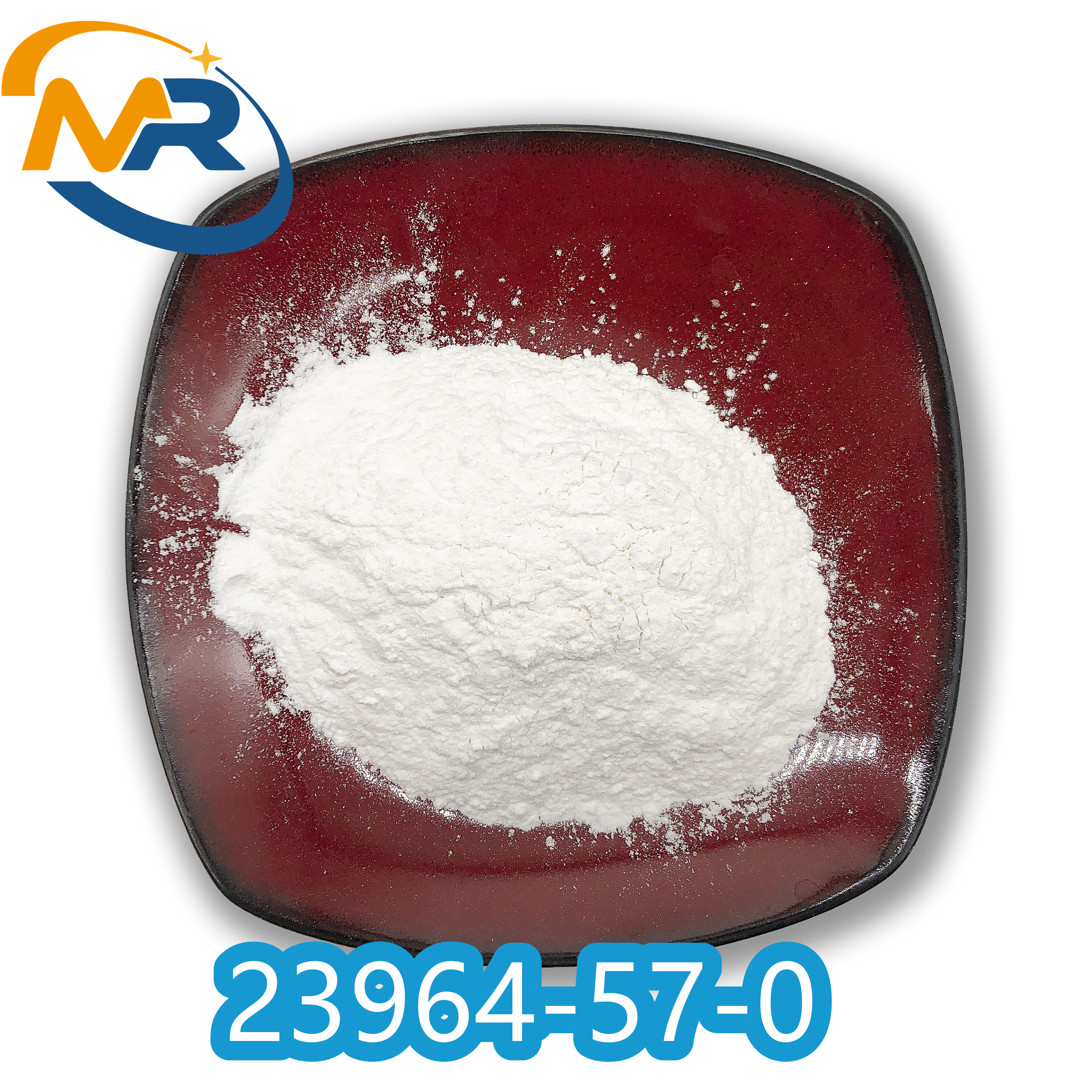
CAS 23964-57-0 Articaine hydrochloride
Articaine Hydrochloride,Articaine is an intermediate-potency, short-acting amide local anesthetic with a fast metabolism due to an ester group in its structure. It is effective with local infiltration or peripheral nerve block in dentistry, when administered as a spinal, epidural, ocular, or regional nerve block, or when injected intravenously for regional anesthesia.
-
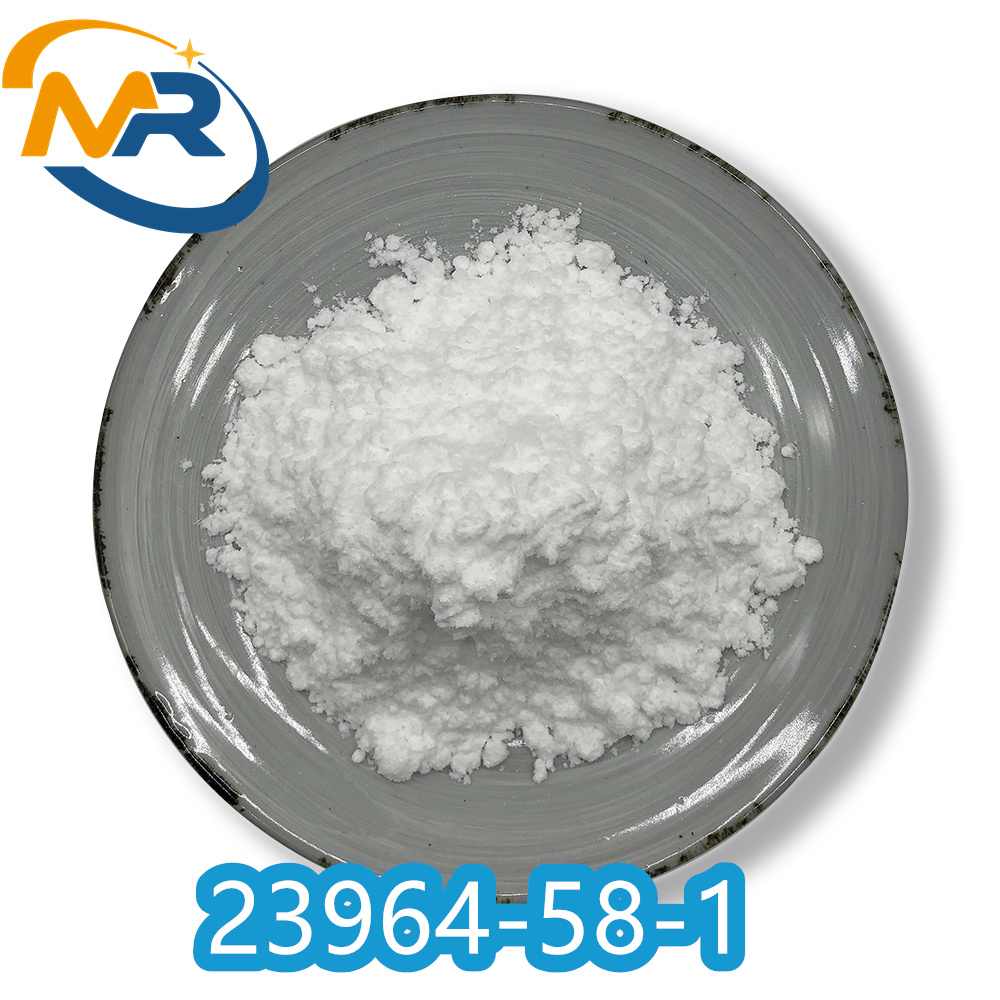
CAS 23964-58-1 Articaine
CAS:23964-57-0
MF: C13H20N2O3S.ClH
MW:320.839
EINECS: 245-957-7
Appearance:White crystalline powder
Assay:99%
Usage:Anesthetic;Na+ channel inhibitor.
Packing:25kg/Drum,1kg/Foil bag -
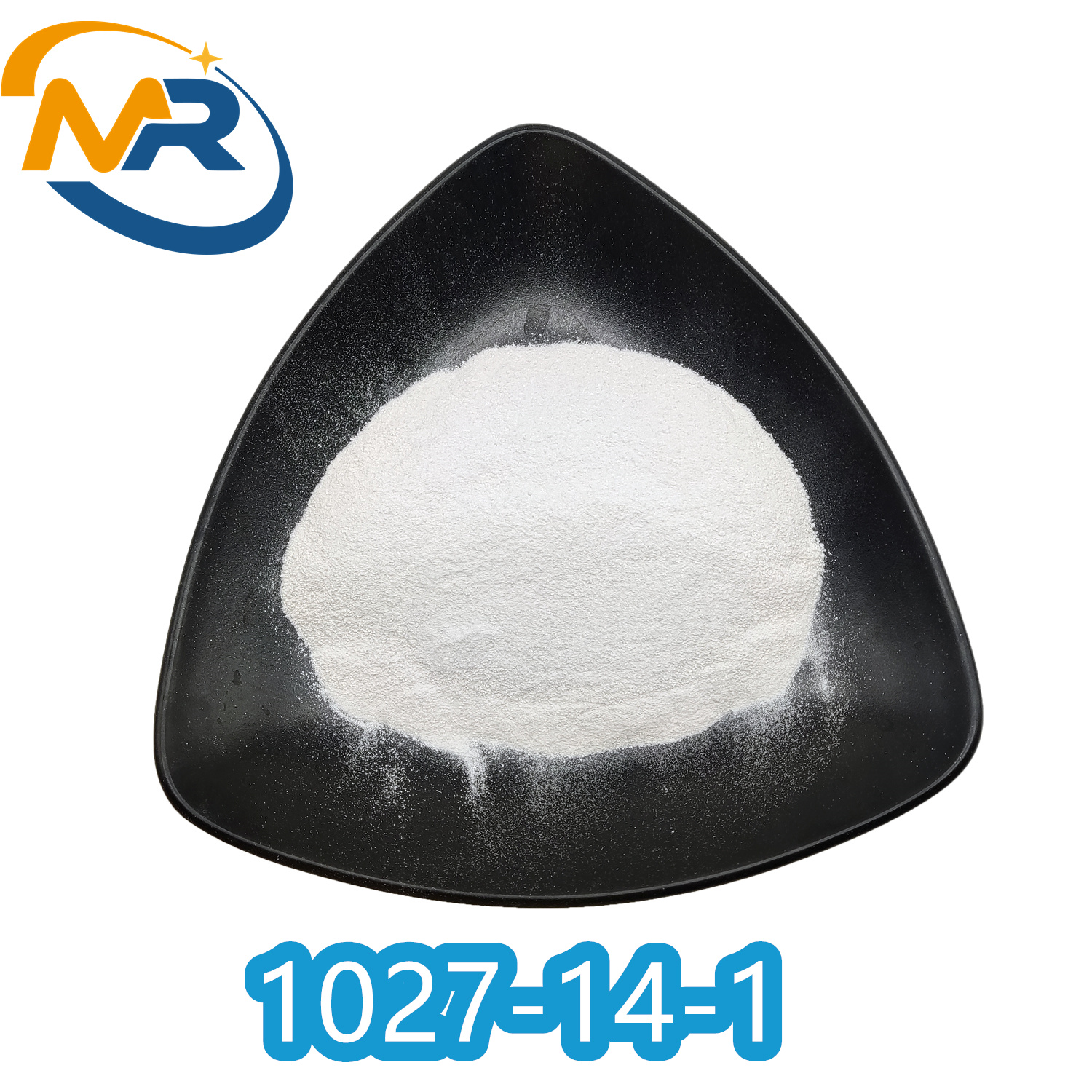
CAS 1027-14-1 TrimecaineHCl
Trimecaine is an organic compound used as a local anesthetic and cardial antiarrhythmic. It is white crystalline powder readily soluble in water and ethanol.It is an active ingredient in products available under trademarks Mesdicain, Mesocain, Mesokain and others.
-
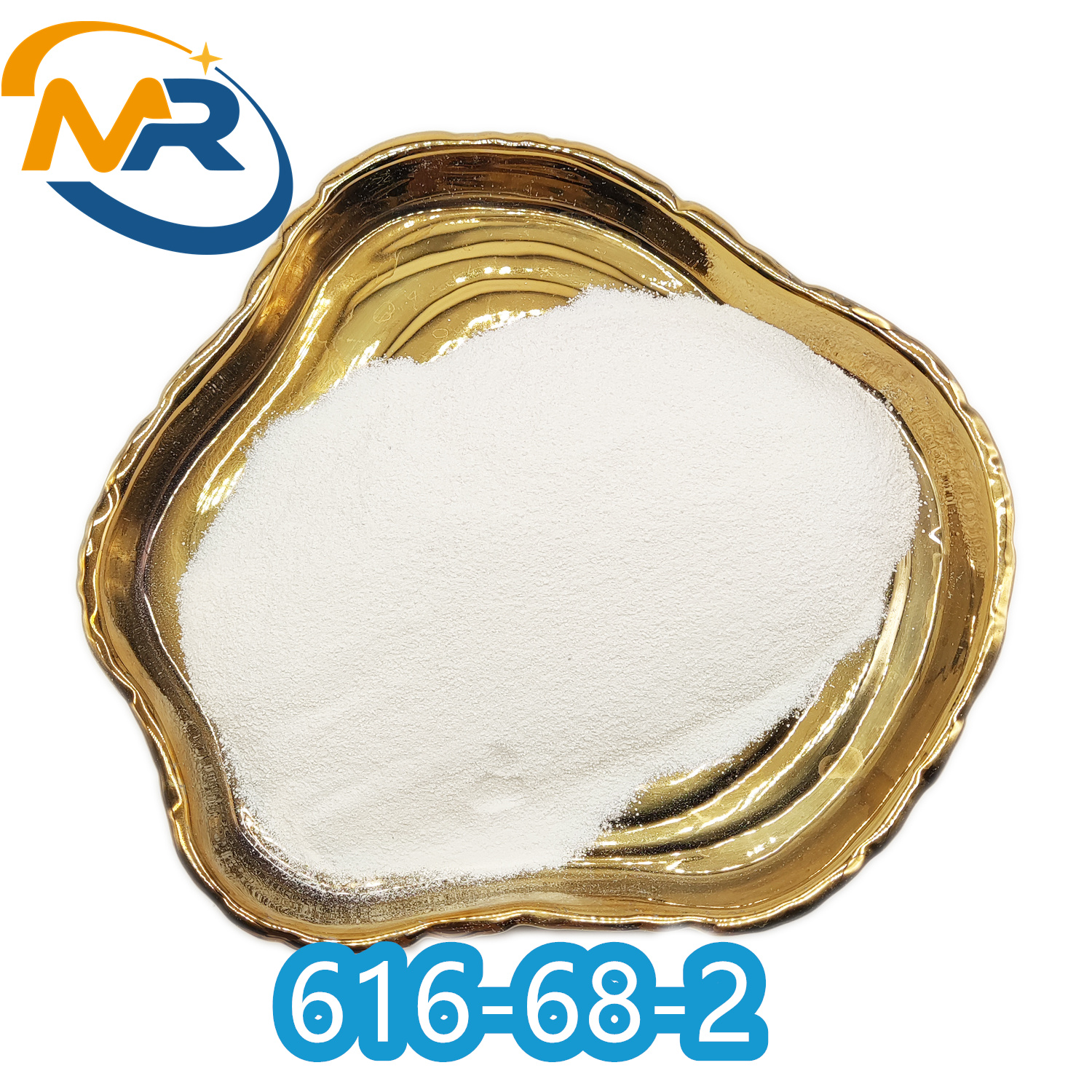
CAS 616-68-2 Trimecaine
CAS No.: 616-68-2
Type: Pharmaceutical Intermediates
Appearance: Crystal
Colour: Yellow
Transport Package: 25kg/Drum
Specification: 1kg
-
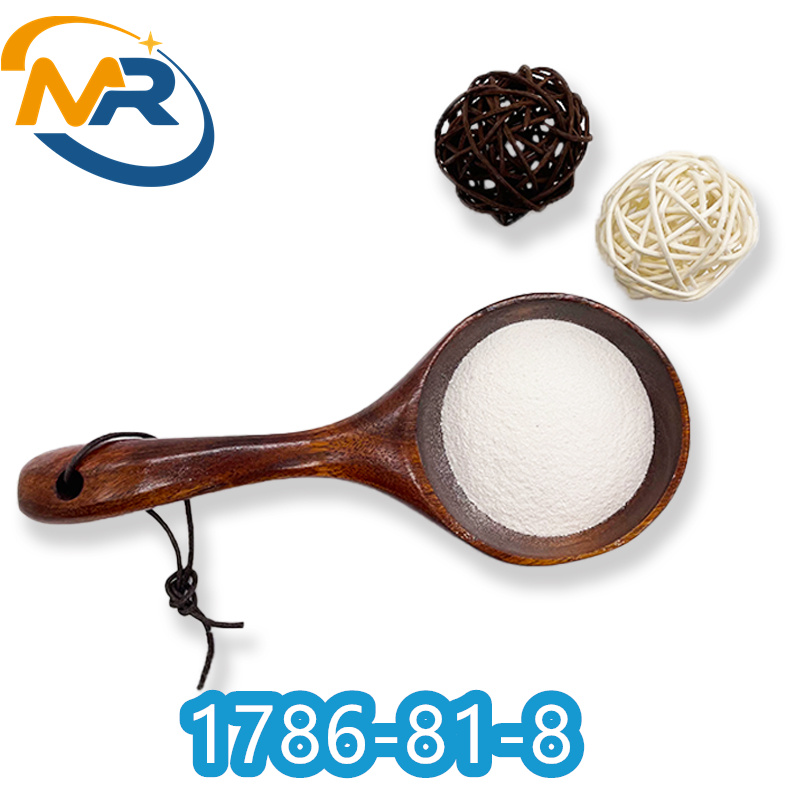
CAS 1786-81-8 Prilocaine Hcl
Propylamine hydrochloride because of white crystalline powder, easily soluble in water and ethanol, slightly soluble in chloroform, insoluble in ether. Propiamcaine hydrochloride belongs to the amide class of local anesthetics, suitable for epidural anesthesia Chemicalbook, conduction anesthesia and infiltration anesthesia. The effect strength and speed of local anesthesia are similar to that of lidocaine, but the effect time is longer, the toxicity is lower than that of lidocaine, and the accumulation is smaller due to the fast metabolism.
-
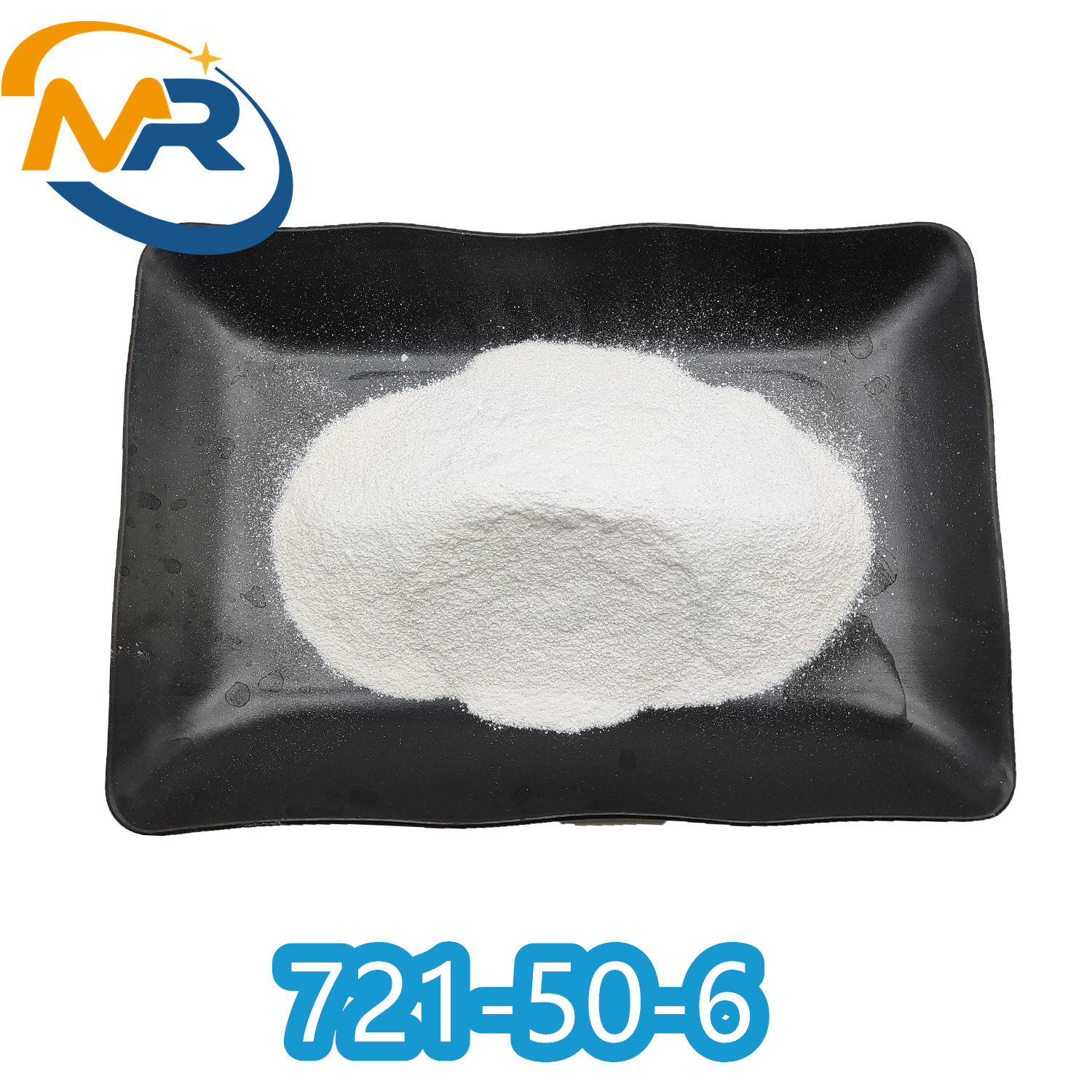
CAS 721-50-6 Prilocaine
Prilocaine is local anesthetic used to numb a person’s skin and tissues. This medication is often made available as a cream that is topically applied, but it may also be available in an injectable form, which should always be administered by a specially trained professional. Its effects are not instant, but once a person experiences the associated numbness it may last for ho
-
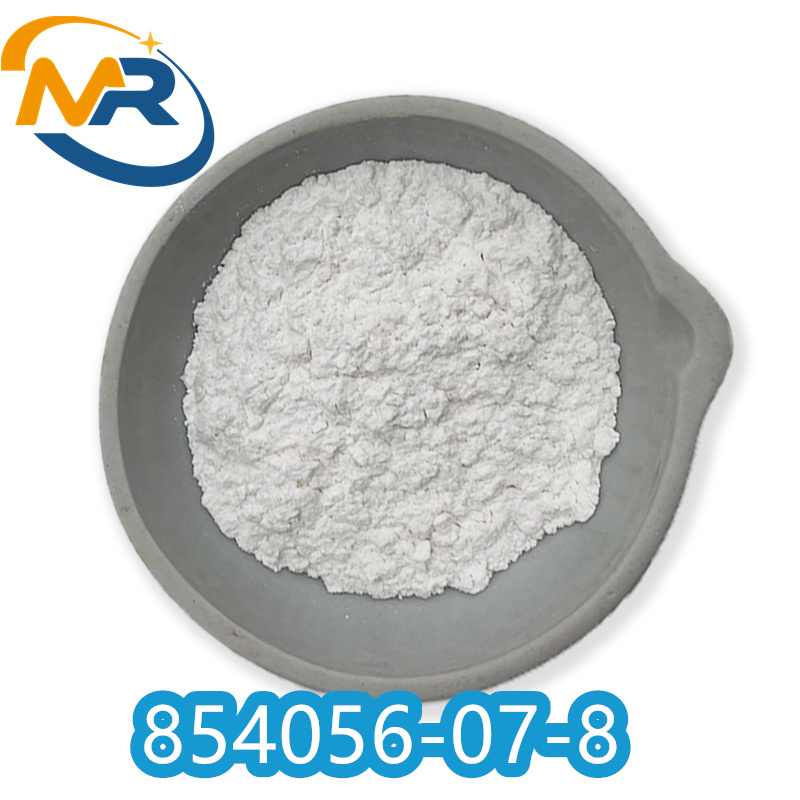
CAS 854056-07-8 Ropivacaine Mesilate
Ropivacaine Mesylate is a local anaesthetic drug belonging to the amino amide group. Ropivacaine Mesylate is indicated for local anaesthesia including infiltration, nerve block, epidural and intrathecal anaesthesia in adults and children over 12 years. Ropivacaine Mesylate is also indicated for peripheral nerve block and caudal epidural in children 1-12 years for surgical pain. Ropivacaine Mesylate is also sometimes used for infiltration anaesthesia for surgical pain in children.
